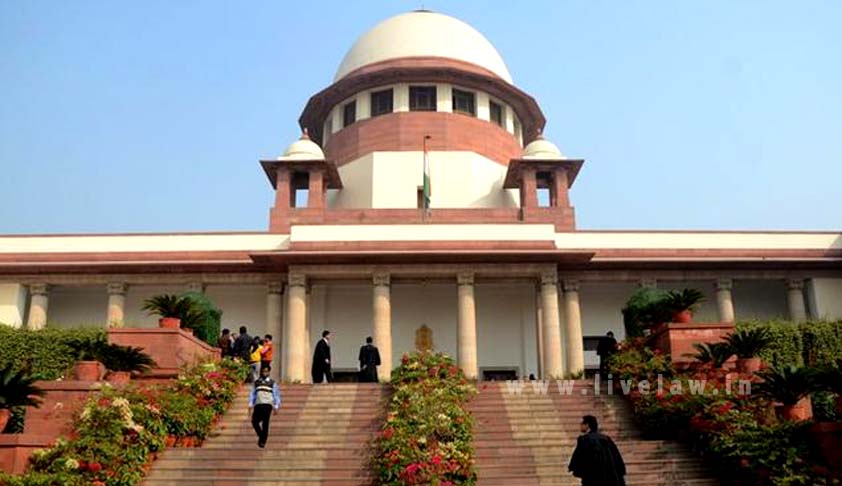SC directs State Pollution Control Boards to report on measures to tackle Silicosis
LiveLaw Research Team
28 Aug 2016 12:04 PM IST

Next Story
28 Aug 2016 12:04 PM IST
The Supreme Court bench comprising justices Kurian Joseph and Rohinton Fali Nariman on August 23, directed State Pollution Control Boards in Haryana, Rajasthan, Madhya Pradesh, Pondicherry, Jharkhand and Delhi, to inspect the quartz-grinding units in their States within three weeks.The SPCBs in these States have been especially asked to report on the deficiencies which the Central...
